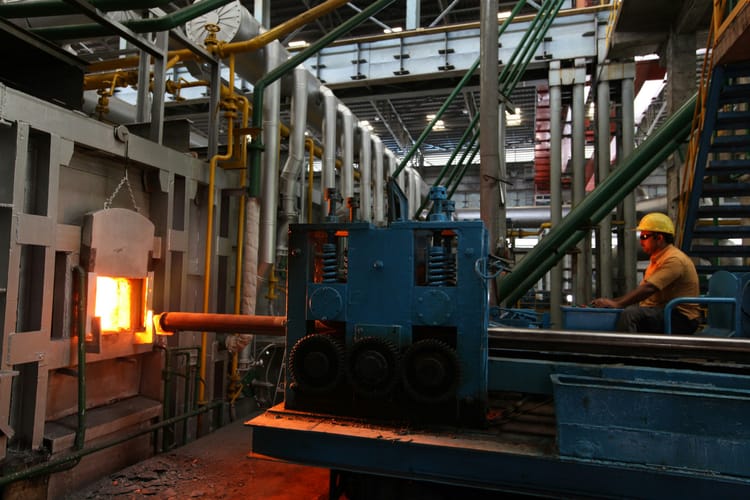EU ‘only partially on track’ to meet environmental targets: report

Despite some progress, the EU is not on track to meet most of the environmental targets it has set for itself, a new progress assessment has found.
The report, published by the European Environment Agency (EEA), shows that progress towards the bloc’s 8th Environment Action Programme (EAP) – which sets out six priorities to live within planetary boundaries by 2050 – actually slowed down between 2023 and 2024.
Only 5 out of 28 targets are fully on track: improving air quality to reduce premature deaths related to pollution, increasing spending for environmental protection, as well as propelling ecological innovation, the share of green jobs in the economy and the value added of environmental goods and services.
Another three targets are “likely on track”: reducing net GHG emissions by at least 55% by 2030 from 1990 levels, and increasing the share of environmental taxes in the overall tax revenue, as well as the issuance of green bonds.
The other 20 targets are either “off track” or “likely off track”, the report notes.
Decisive action needed
Leena Ylä-Mononen, EEA Executive Director commented: “Our latest monitoring report shows that good progress is being made in several key areas of action needed for us to reach our long-term goals of living well within planetary boundaries, especially in the area of reducing air pollution, greenhouse gas emissions and boosting green finance.
“But decisive action is needed to put the EU on track elsewhere. This means bolder implementation of existing legislation, additional measures where needed and ensuring there is sufficient financing to deliver our climate, environment and sustainability objectives.”
Among the indicators deemed particularly off track are greenhouse gas emissions from land use, land-use change and forestry, as well as ensuring 25% of farm fields are organically farmed. Other research has shown that food-related sustainable development goals have also been the most challenging, and the recently published EU Vision for Agriculture is scarce in details around the sector’s contribution to climate mitigation.
Reducing consumption and increasing circularity
Other off-track targets include doubling circular material use, significantly decreasing the EU’s consumption footprint, reducing energy consumption and boosting renewable energy use, the report adds.
The lack of progress is linked to economic growth, which has increased the EU’s material footprint and waste generation – with existing legislation struggling to decouple growth from raw material consumption and waste.
EEA calls for “significant additional efforts” to promote a circular economy in order to reach the EU’s 2030 targets, noting that recently adopted legislation like Regulation on Ecodesign for Sustainable Products could ensure progress “if implemented swiftly and comprehensively”.







Member discussion